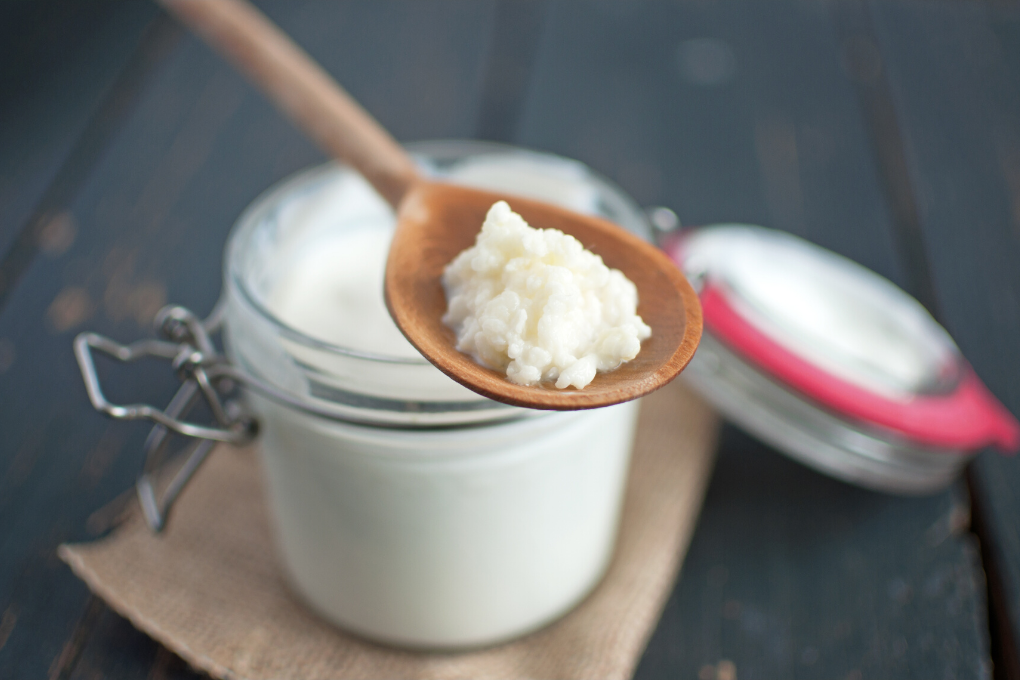If you’ve dabbled in the world of kefir, you’ve probably encountered the enigmatic little clusters called kefir grains. But have you ever wondered: does the size of these grains matter? Spoiler alert—it’s more nuanced than you might think.
What Are Kefir Grains Anyway?
Kefir grains aren’t grains in the cereal sense. They’re gelatinous, irregularly shaped bundles of bacteria and yeast that live in a symbiotic matrix. When introduced to milk, these grains work their microbial magic to transform it into kefir, a tangy, effervescent drink brimming with probiotics.
Grain size can vary widely. Some are as small as a mustard seed, while others rival the size of a walnut. But what role, if any, does their size play in the fermentation process and the final kefir product?
Grain Size vs. Fermentation Efficiency
Kefir grains act as the fermentation powerhouses. The surface area-to-volume ratio of the grains impacts how quickly and evenly the microbes interact with the milk. Here are some key points:
Smaller Grains:
Offer a higher surface area relative to their volume.
Tend to ferment milk slightly faster as more microbes are exposed to the milk.
Might be harder to strain out of the kefir, especially if you’re using a coarse strainer.
Larger Grains:
Have a lower surface area-to-volume ratio, leading to slightly slower fermentation.
Are easier to handle and strain out after fermentation.
Often last longer before breaking down into smaller grains.
In practical terms, the size difference generally has minimal impact on the overall quality of the kefir. Fermentation times and conditions can be adjusted to account for grain size.
The Science of Grain Growth
Kefir grains grow and multiply during fermentation. Over time, small grains can merge into larger clusters, while larger grains can fragment under agitation. Studies have shown that environmental factors—like milk composition, fermentation duration, and temperature—affect this growth more than inherent grain size does.
For instance, research has highlighted that an optimal grain-to-milk ratio of around 5% (by weight) yields consistent results. Using too many grains accelerates fermentation, which may lead to over-acidic kefir, while too few grains can result in under-fermentation【13†source】.
Does Size Impact Flavor?
Flavor nuances in kefir depend more on fermentation variables like temperature, time, and milk type rather than grain size. However, smaller grains might contribute to a slightly tangier flavor due to their faster fermentation rate. Larger grains may yield a creamier texture, as fermentation happens more gradually.
Practical Tips for Managing Kefir Grains
Adjust Fermentation Time:
If your grains are small, consider checking your kefir earlier to avoid over-fermentation.
Larger grains may require a bit more time.
Keep Grains Happy:
Use fresh, high-quality milk.
Maintain consistent fermentation temperatures (20-25°C or 68-77°F for cow’s milk).
Straining Made Simple:
A fine mesh strainer works best for small grains, while a coarser strainer is suitable for larger grains.
Encourage Growth:
Stirring the milk periodically during fermentation can help grains grow evenly.
Why Size Matters Less Than You Think
In the grand scheme of kefir-making, grain size is a minor variable. As long as your grains are healthy and active, they’ll produce delicious kefir regardless of size. Focusing on proper ratios, milk quality, and fermentation conditions will always yield better results than worrying about whether your grains are too big or small.
Closing Thoughts
So, does size matter? Yes, but not as much as you’d think. Small grains might work a little faster, while large grains offer easier handling, but the differences are more about convenience than quality. Next time you’re straining your kefir and marveling at the little blobs doing all the hard work, remember that no matter their size, they’re delivering a powerhouse of probiotics in every sip.




